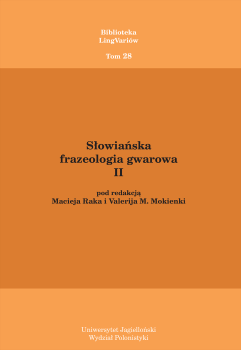Nemeckie dialekty kak istočnik frazeologii
Streszczenie
GERMAN DIALECTS AS A SOURCE OF PHRASEOLOGY
Germany is known for the fact that its inhabitants may not understand each other if they live in different parts of the country. Sometimes even some TV shows, where they speak dialects, make subtitles so that all Germans understand the speech. Features of the historical development of Germany have caused the emergence of a large number of dialects, which are very different from each other in lexical, morphological, phonological and syntax. In parallel with them there is a literary version of the German language (Hochdeutsch), which allows German-speaking citizens to overcome the communicative problems associated with the peculiarities of German speech in different regions. Current trends in the development of German dialects are characterized by some smoothing of sharp boundaries between them in connection with the development of scientific and technological progress, the media and universal integration. The paper discusses the influence of dialectal forms on the development of the literary language and shows this fact at concrete examples: wie Bolle auf dem Milchwagen; in Buxtehude, wo die Hund emit dem Schwanz bellen; wenn du aufisst, wird schönes Wetter. Because of their dialectal origin, there are no total equivalents in other languages for these phrases.





